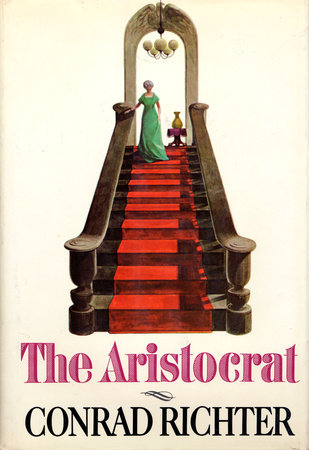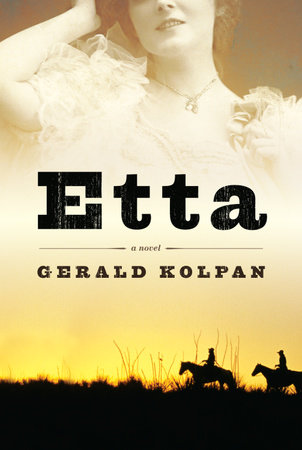


-
Mar 24, 2009 | ISBN 9780345512895
YOU MAY ALSO LIKE
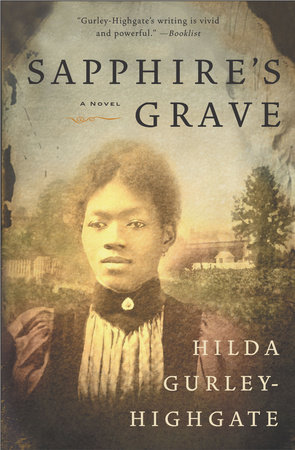
Sapphire’s Grave
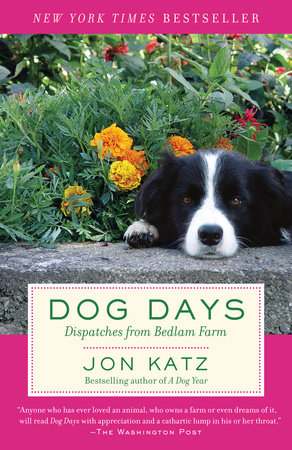
Dog Days
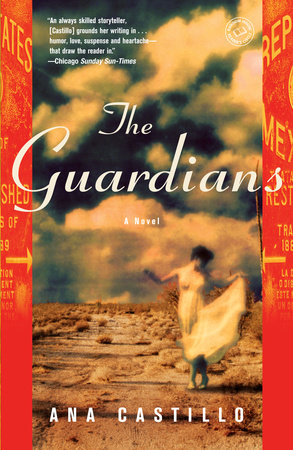
The Guardians
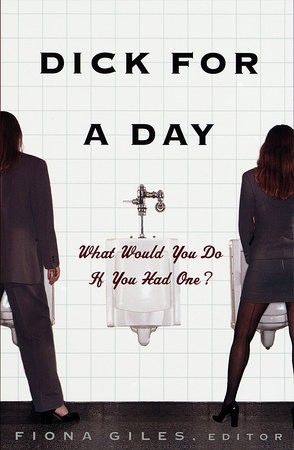
Dick for a Day

The Bombers and the Bombed
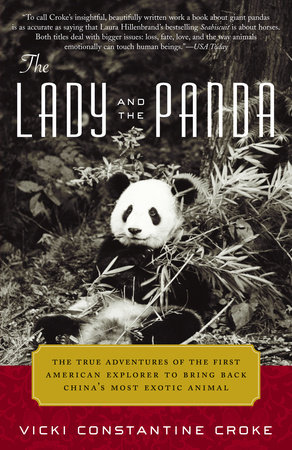
The Lady and the Panda
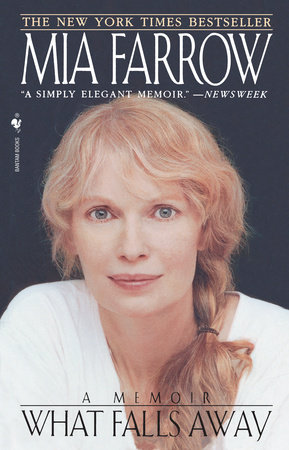
What Falls Away
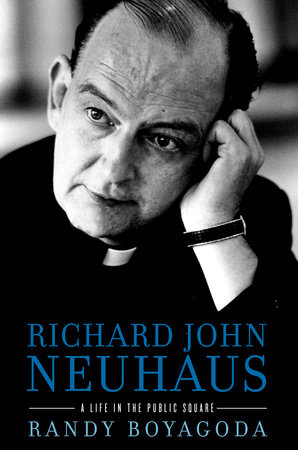
Richard John Neuhaus
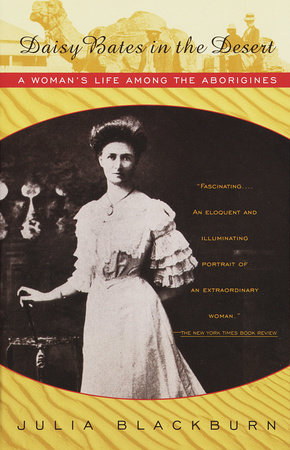
Daisy Bates in the Desert
Praise
“In this exhilarating and provocative story of the life of the mysterious figure known as Etta Place, Gerard Kolpan creates a richly conceived, passionately rendered, and wonderfully imagined novel that leaps off the page with its daring. When Etta walks into your life, you won’t be able to put the book down, so prop up the pillows and get ready to ride the night through—because you’re going to fall in love with this one.”—Jonis Agee, author of The River Wife
“Kolpan has a gift for capturing the voice of America at the turn of the last century, and he uses it to full advantage, entwining newspaper reports, historical documents, journals, and his own lush prose. Etta’s story unfolds in surprising ways against the backdrop of one of the most colorful periods in our nation’s history. This is a writer to watch.”—Karen Abbott, author of Sin in the Second City
“The sketchy details of the life of Etta Place, outlaw and paramour of Harry ‘Sundance Kid’ Longbaugh, are imaginatively filled in by first-time novelist Kolpan in this winning tale of the Wild West. . . . Kolpan’s snappy storytelling makes it impossible not to want to ride along.”—Publishers Weekly
“Incorporating Etta’s diary entries, telegraph messages, and news clippings into the narrative, Kolpan vividly tells a tale that is both outrageous and entertaining, sure to be compared favorably with Larry McMurtry’s novels of the Wild West.”—Library Journal
“Emmy Award-winning TV journalist Kolpan extends his resume impressively with this picaresque debut novel . . . Few will have any more success resisting Etta than do the many men, women and other critters encountered during her memorable adventures. Great fun and—beneath the hijinks—a surprisingly substantial novel.”—Kirkus, starred
“Imaginative . . . Loaded with captivating historical detail . . . A convincing anti-heroine [readers] can root for to the end.”—USA Today
“Etta has everything you’d want in a story of the last days of the old West—fast horses, chivalrous train robbers, dastardly villains, and a beautiful damsel constantly in distress, but usually able to get out of it on her own. It’s rollicking, rambunctious, rip-roaring, rootin’-tootin’ . . . It makes you want to hop on a fast horse and join the gang.”—Chicago Sun-Times
“Packed with adventure . . . As brilliant as a summer’s sunset, Etta takes you on an action-packed, ‘celebrity-studded,’ trail-blazing ride. . . Saddle up!”—Times Record News (Wichita Falls, Texas)
“Rather than be ribald and Deadwood-esque, as most modern Westerns appear, Kolpan’s chatty character-run horse opera is stately, bloody and romantic — the lit-equivalent of Robert Altman’s McCabe & Mrs. Miller . . .” —Philadelphia City Paper
“Rollicking . . . filled with colorful characters . . . Kolpan is also good at taking the reader back to the sights, sounds and smells of the early 20th century . . . A bully adventure!” —BookPage
“A richly imagined tale . . . A fast-paced adventure story, replete with gunfights and train robberies and the romance of the Cowboy West.”—Denver Post
“In this lively and well-researched novel, reporter Kolpan explores the mysterious life of 1900s figure Etta Place, fleshing out her romance with legendary Old West robber the Sundance Kid.”—OK!
“Kolpan deserves credit for his creativity . . . Rich and rewarding . . The well-crafted narrative successfully brings to life an era and a figure lost to time.”—Philadelphia Inquirer
“In this warm, deftly plotted novel, Gerald Kolpan gives the beautiful young woman an adventurous life . . . a charming story as filled with train robberies and prison escapes as any dime novel of the time—but written a whole lot better. Gerald Kolpan has painted such a vivid picture of the era—and the women living it—that it’s difficult to imagine that Etta has lived any other life.”—Historical Novels Review
21 Books You’ve Been Meaning to Read
Just for joining you’ll get personalized recommendations on your dashboard daily and features only for members.
Find Out More Join Now Sign In






